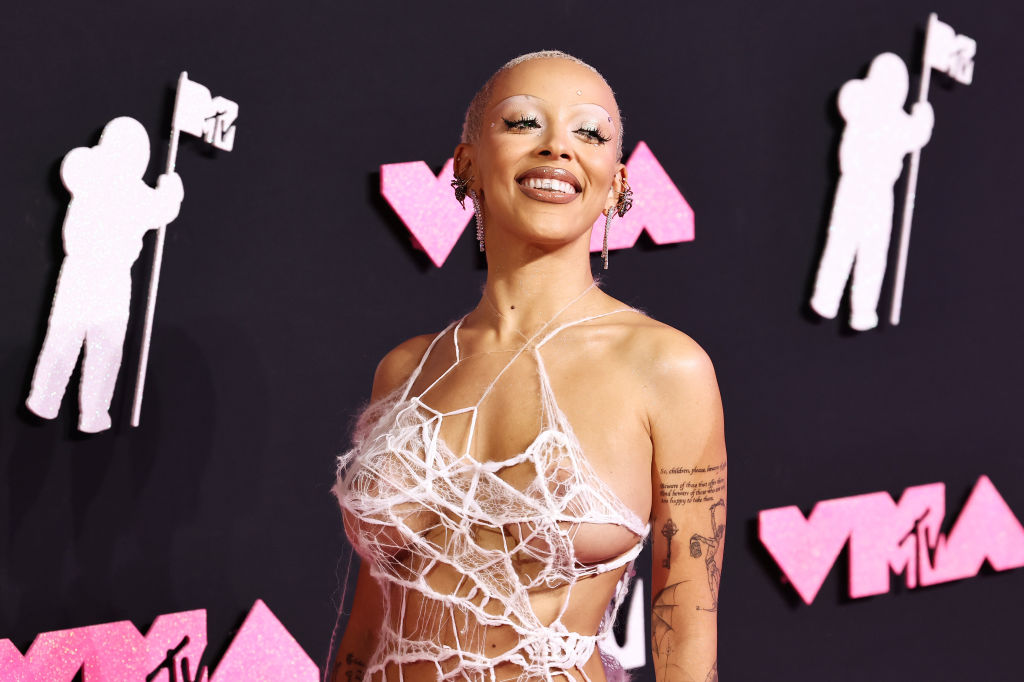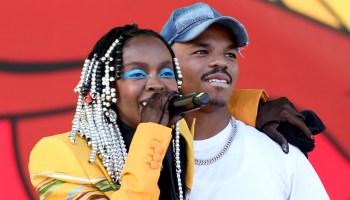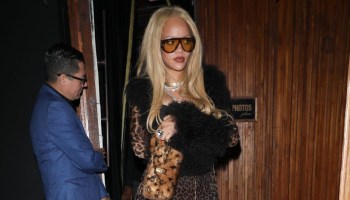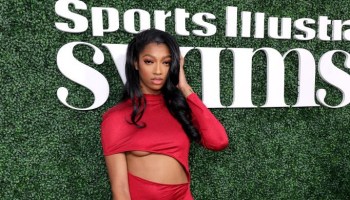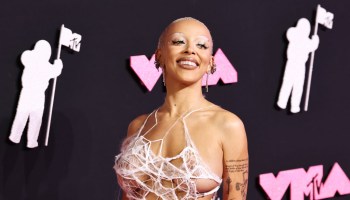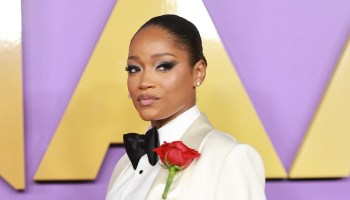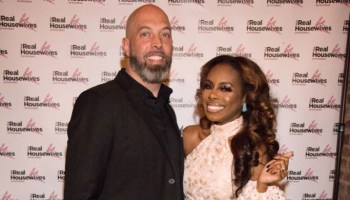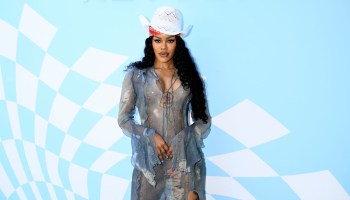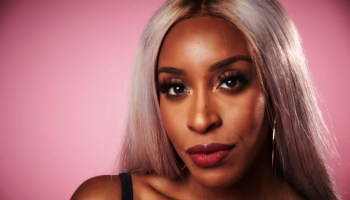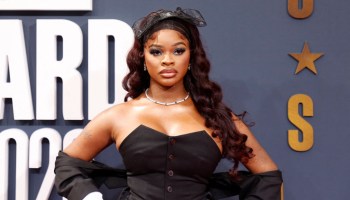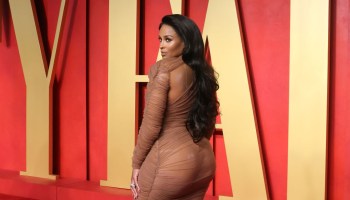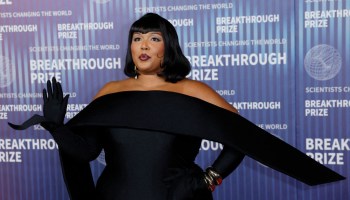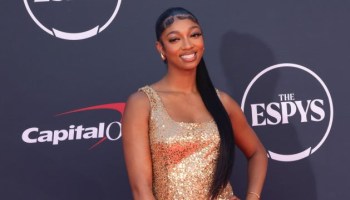When it comes to the continued rape, abuse, murder, and disenfranchisement of Black American women, the legislative, societal response is a resounding “you can take it,” “you brought this on yourself,” or “shut up about it.”
The tropes behind this rhetoric have been building steadily for centuries.
The strong Black woman yolk was placed upon our shoulders when we arrived in this country as slaves, caregivers, and breeders. We weren’t seen as humans, but rather economic drivers used for the benefit and the advantage of White patriarchy. Our survival through these circumstances ultimately fed into the strong Black woman archetype. And although this description of our strength can be a mantra of courage, it can also perpetuate the idea that we can handle any type of pain without scars.
How can a Black woman be a victim if her blood was strong enough to withstand the hellish fire from which this country was built?
But, the strong Black women narrative has allowed administrations and courts to dismiss Black women’s pain as something that can be dealt with or dismissed. The examples of this are numerous.
RELATED LINKS: Surviving Obstetric Violence: A Black Nurse Saved My Life During Labor
When a Spelman student anonymously tweeted about her reported rape by four Morehouse men, the alleged administrative response was to “give the guys a pass,” since Morehouse and Spelman are sister/brother schools. The idea that this violated student could simply brush her trauma underneath the rug dehumanizes our experiences.
Another case is the lag in response for the victims of the “Grim Sleeper,” who murdered 10 Black women between 1985 and 2007. The community was disturbed by how long it took for law enforcement to move on the case, claiming police were not swift to investigate because Black women’s lives simply do not matter.
Part of the reason our bodies are viewed as disposable is the history of over-sexualization of women. With a legacy coated in claims that we are sexually deviant and the “master’s guilty pleasure,” our bodies became the center of Hottentot museum exhibitions and social commodification. People dance in clubs to songs about raping Black women and music videos still show us as side props to a man’s ego. To this day, modern media is still more likely to cast us as video girls than CEOs, unless Shonda Rhimes is behind the pen.
Given this history, when Black women are victimized, their sexual pasts plays into their believability. In the Daniel Holtzclaw case, women who were admitted prostitutes or drug abusers were considered less worthy of justice. The former police officer was found guilty of only 18 out of 36 charges brought against him, a verdict that was most likely seeped in the jury’s inability to find credibility in the women’s stories because of their criminal records.
The last archetype, “the Bitch,” can be broken down into two components: the Bitch and the Crazy Bitch. The crazy Black woman tool has been used against us by our lovers and brothers to silence our emotions and our demands for respect. You become the bitch when you’re not here for catcalling and street harassment. The viral hashtag #nowomanever sheds a light on the constant verbal abuse women face everyday because of men’s fragile egos.
A man calling a woman a bitch after she rejects his advances is his attempt to dismantle her worthiness of the so-called praise and attention he was forcing upon her. The attention becomes deadly when women like Janese Talton-Jackson are murdered for not giving a man her phone number.
The crazy bitch, on the other hand, is the easiest way to detach a woman from her right to anger. Even on the pop culture level, rapper Future publicly saying Ciara was a bitch who had control issues was an attempt to wrangle her son from her in the court of public opinion. In assault claims, when women like Beverly Johnson came to speak out again Bill Cosby, history of her “craziness” attempted to overshadow her claim.
Carmen Berkley, Civil, Human & Women’s Rights Director AFL-CIO and panelist on NewsOne Now, drew parallels between the Grim Sleeper case and the Holtzclaw rape case: “We have to trust Black women, we have to trust our experiences in this country, and when we say that there is a problem, people need to listen to us.”
Black women, as both women and of color, represent one of the most vulnerable populations in this country. Black females experienced higher rates of rape or sexual assault in 2008, as opposed to White females or females of other races, The Bureau of Justice Statistics reports. Black women also historically experience domestic violence at rates higher than White women —with more Black women being murdered by a boyfriend or girlfriend than their White counterparts, according to the same report.
With cases of our rape, murder, and abuse filling headlines and internet trending topics, why are we still rioting alone?
Without the outcry and anger from our brothers and sisters of different races, the strong Black woman, the breeder, and the bitch tropes will continuously blind the world to the pain of our stories.
“It can’t hurt that bad.” “You can take it.” “It’s your fault.”
As of now, it appears the world is tone-deaf to our pain. Interject the voices of our Black brothers and our sisters and brothers of other races, and we will finally have a chorus that not only sings of our pain, but works to turn the heavy beat into a cacophony of healing and protection.
PHOTO CREDIT: Getty
DON’T MISS:
Freddie Gray: Baltimore Officer Caesar Goodson Found Not Guilty On All Charges
#BEAUTIFULNEWS: Homeless Teen Graduates Two Years Early With 4.0 GPA
#BeckyWithTheBadGrades: Supreme Court Upholds Affirmative Action In Texas College Admissions
